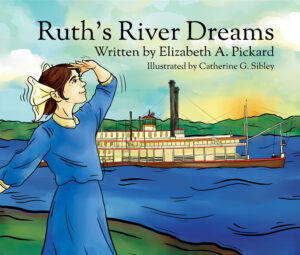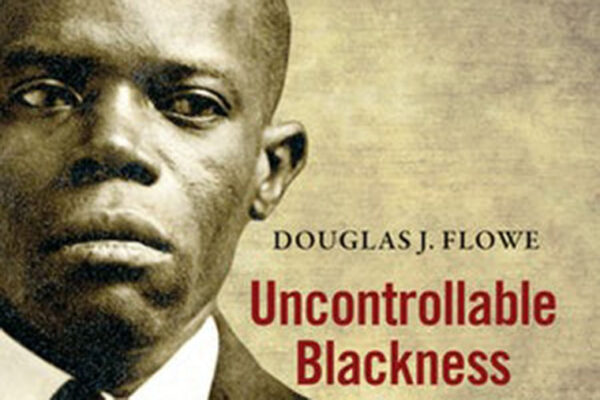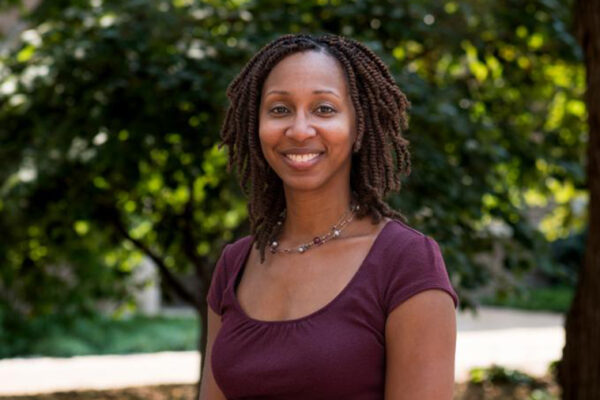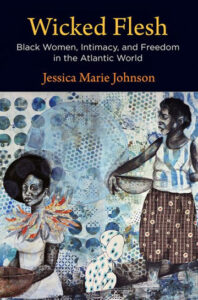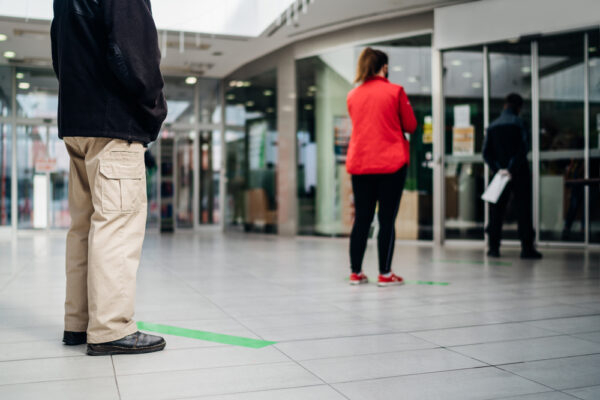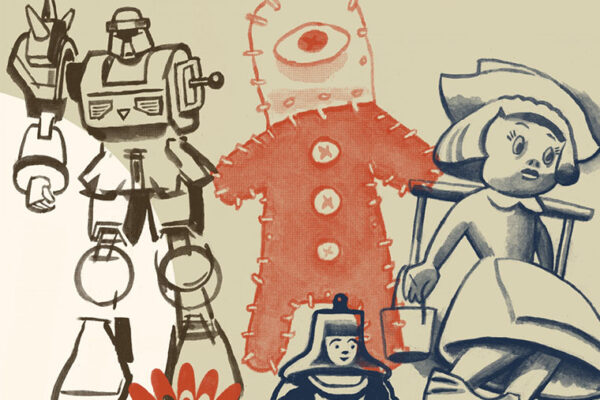Ruth’s River Dreams
A schoolteacher, principal, amateur historian, and avid lover of the Mississippi River, Ruth Ferris (1897–1993) was a singular steward of St. Louis’s maritime heritage. Her lifelong love of the Mississippi and its riverboat culture spanned over 70 years, encompassing research, photography, excavating sunken vessels, collecting artifacts, and forming friendships with other river enthusiasts. Ruth’s River Dreams tells […]
‘Uncontrollable Blackness’
In his new book, “Uncontrollable Blackness: African American Men and Criminality in Jim Crow New York,” historian Douglas Flowe at Washington University in St. Louis investigates the meanings of crime, violence and masculinity in the lives of those facing economic isolation, segregation and overt racial attack.
Food insecurity and schools during the pandemic
As schools across the country begin to welcome students back in person or for virtual learning, equity must be at the forefront of decisions pertaining to school emergency food services, finds a new study from the Brown School at Washington University in St. Louis.
Wingfield’s book wins C. Wright Mills Award
Adia Harvey Wingfield, the Mary Tileston Hemenway Professor in Arts & Sciences at Washington University in St. Louis, received The Society for the Study of Social Problems’ C. Wright Mills Award for her 2019 book, “Flatlining: Race, Work, and Health Care in the New Economy.”
How regulations meant to increase poor, minority lending ultimately backfire
New Olin Business School research has exposed a significant increase in poor customer service, fraud and mis-selling by retail banks in low-to-moderate income areas targeted by the Community Reinvestment Act, especially those with a high minority population.
Wicked Flesh
Black Women, Intimacy, and Freedom in the Atlantic World
The story of freedom pivots on the choices black women made to retain control over their bodies and selves, their loved ones, and their futures.
Some states may have missed optimal timing to enact virus mitigation efforts
A recent study from the Brown School at Washington University in St. Louis provides the first explicit analysis of the timing, determinants and impacts of mitigation interventions for all states and Washington, D.C., during the first five weeks of the pandemic. States initially with high prevalence rates of COVID-19 enacted mitigation interventions, like social distancing, in a delayed fashion, which explained why the case/death counts of COVID-19 in the U.S. remained high for a long period of time.
COVID-19 human milk studies should continue without stopping breastfeeding, researchers say
It is not easy to conduct human milk research during a pandemic. Yet despite the consistent lack of quality evidence for transmission of viral RNA from breast milk, some leaders are pushing ahead by altering public health and clinical practice guidance, according to E.A. Quinn, associate professor of biological anthropology in Arts & Sciences at Washington University in St. Louis.
The ABCs of art and politics
Acclaimed artist and author D.B. Dowd discusses art, politics and his new book, “A is for Autocrat.”
Voting Rights Act should apply to federal government
In light of President Trump’s recent attacks on the United States Postal Service, Section 2 of the Voting Rights Act should be revised to prohibit racial discrimination in voting by the federal government, says a Washington University in St. Louis expert on voting rights.
Older Stories
